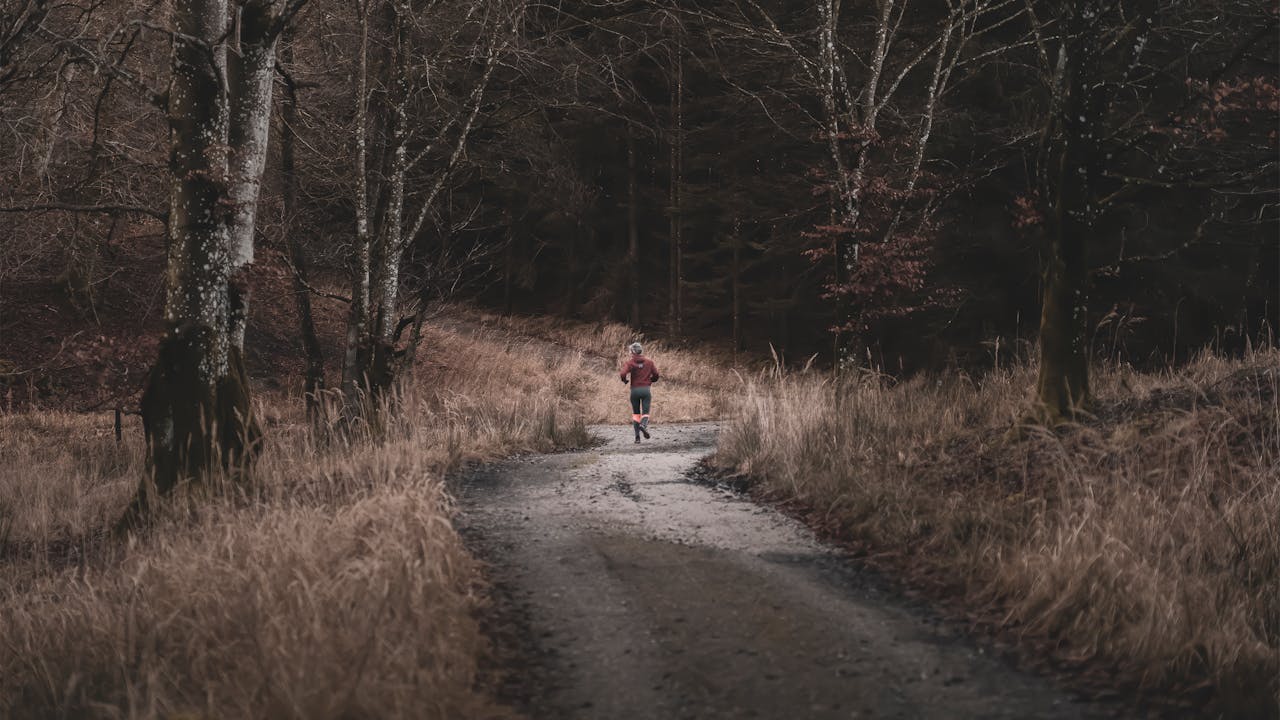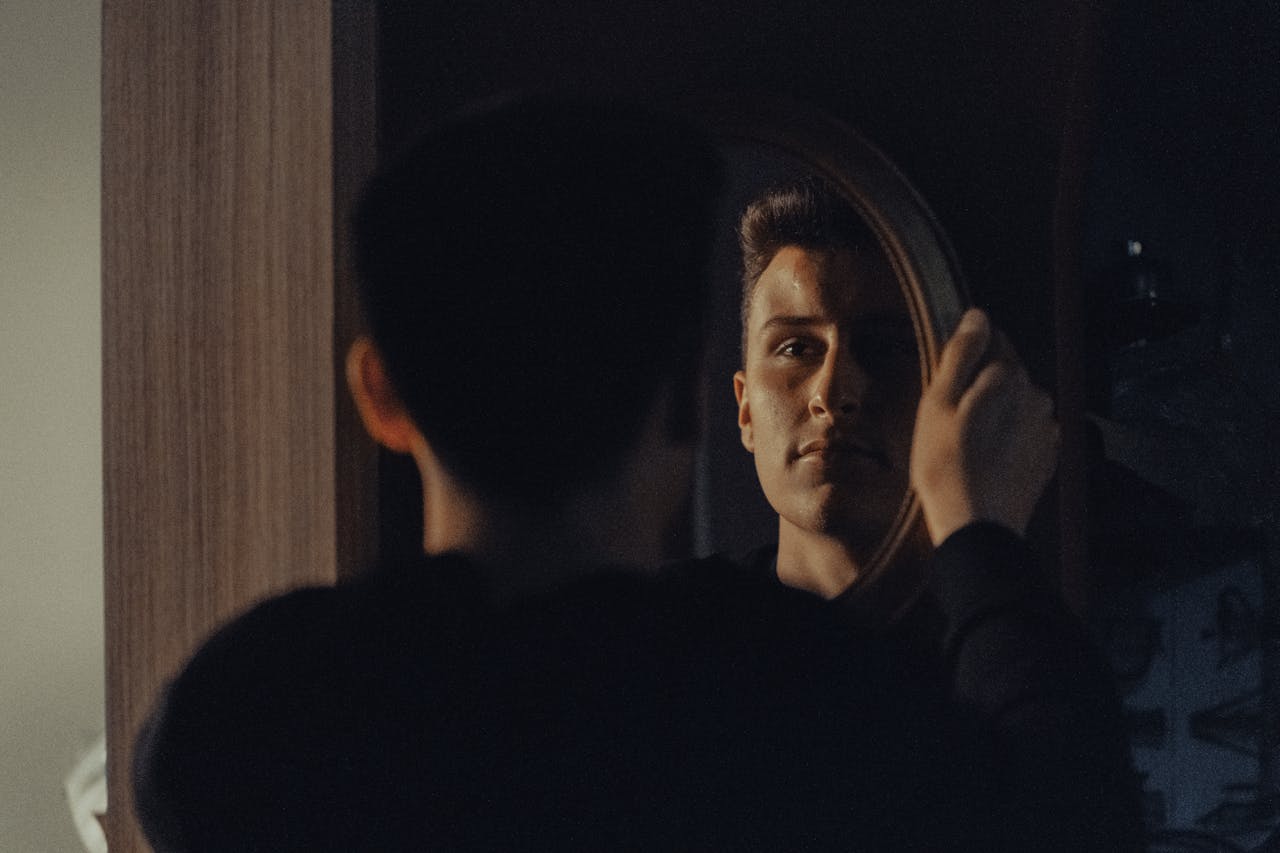BY SIOBHAN MURPHY
Writing. It’s hard. Everyone who writes has been told this more times than the word count of The Lord of the Rings. Yet, somehow, in spite of being told this fact, in spite of knowing it in our marrow, and even in spite of the fact that we re-discovered that writing was hard yesterday and the day before that, each time we sit down at the computer we learn it all over again. The reason we can’t seem to retain this knowledge is that writing itself is to blame — well, writing and the media that is.
We’re saturated by the romantic vision of The Writer. Whether it’s the cosy recluse in the log cabin, their fingers curled around a steaming mug of hot chocolate as they write masterful prose, or the brilliant journalist, fingers flying faster than light as they smash out an award-winning article, or even the creative genius locked away in their tower library, struck by The Idea… we can’t escape from these fabricated versions of What a Writer Is, and most of us have aspired to emulate them at one stage or another.
I was lucky enough to have my illusions shattered at a young age by the best writing tip I have ever received, the words that I have tried to keep in mind through doubt, rejection, crippling disappointment and inertia… five little words:
Just get on with it.
My writing journey really began with National Novel Writing Month at 15 years old. The challenge? Write a 50,000-word novel in a month. Push through; get something on a page; doesn’t need to be Shakespeare; doesn’t even need to be good; you don’t need to be in the headspace or the writing spot or the zone; you just have to sit down and do it.
Throughout my first year doing Nanowrimo, I spoke to other writers who encouraged me, challenged me, pushed me, and everything they said amounted to the same thing. Those five words again: Just get on with it.
Stealing moments on the chunky, white, early-2000s PC, tying up the phone line when my Mum was at work or before I went to school, I learned to slog it out even when I couldn’t be bothered. I learned that the act of writing isn’t glamorous or classy. I learned to get something down even when I thought it was nonsense-waffle.
I got through 10 years of Nanowrimo this way. I wrote in notebooks; I wrote in coffee shops; I wrote all over the world… and, somehow, I got through it every year. It taught me to write even when I didn’t want to, to ignore the voices telling me I was writing rubbish, to write for me and no one else.
And even after I stopped Nanowrimo, I still use the method often. I sit down, I get my coffee, and I just get on with it. And last month, after six years of work, I wrote the last word of the last book of my trilogy.
Now the real work begins, the edits, the rewrites, the submissions, the inevitable rejections, the loss and regain of hope… but I wouldn’t be here, I wouldn’t have my draft if I hadn’t practised pushing through. No one else can do it for me; no one is going to make me do it; it’s only me, the laptop and just getting on with it that will get me there.
About the Author

Siobhán is a Glasgow-based freelance writer and editor and has a background in ELT and educational publishing. She completed Nanowrimo annually for 10 years, and her short story Willow was recently published by The Selkie as part of their New Voices workshop. In 2016, she was selected to pitch her novel to a panel of writers and agents at XPO North festival in Inverness, Scotland. She primarily writes speculative fiction and is currently seeking publication of her YA dystopian trilogy. You can find out more about her work on her website or on her creative writing blog.











